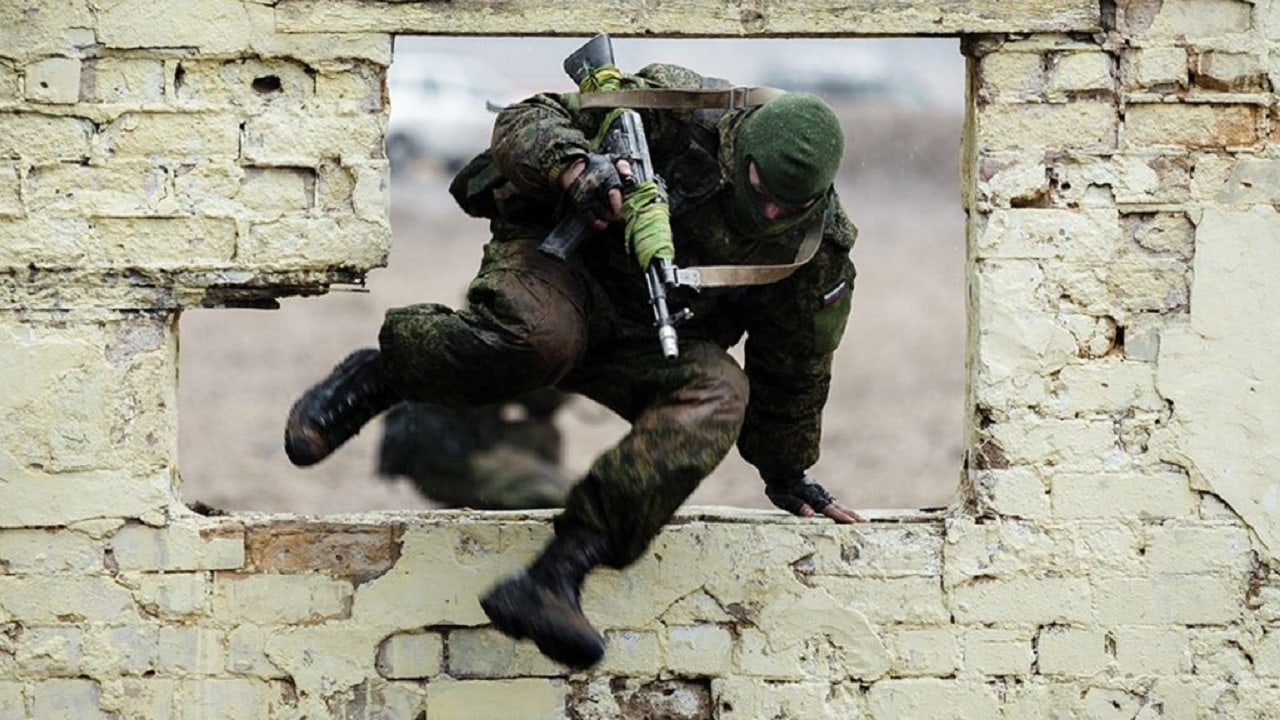Haiti is a failed state consumed by countless crises simultaneously: a humanitarian crisis, a political crisis, a security crisis, an economic crisis – the list is endless. The Haitian people need more than thoughts and prayers to get through this confluence of crises. If the U.S. and Canada don’t lead a foreign intervention that empowers the Haitian people to rebuild their state, maybe Russia’s Wagner Group will.
Wagner is a Russian paramilitary organization famous for its brutality. It exists for two main reasons. First, Wagner enables Russia to expand its international footprint by keeping costs lower than traditional military interventions. Second, Wagner provides Russia with plausible deniability when more violent or unorthodox means are employed in the pursuit of Russian business or geopolitical interests abroad.
Wagner employs tens of thousands of mercenaries operating in fragile states and conflict zones from Ukraine to Burkina Faso and Venezuela to Syria.
Its strategy is simple: Wagner provides local elites with solutions to their security problems. In exchange, local elites help Wagner advance Russian interests.
In Libya, Wagner provided direct support to the Libyan National Army so it could align with Gazprom’s business interests in the country. In Mali, Wagner gained access to gold mines by filling the security void left by France following consecutive military coups in 2020 and 2021. In the Central African Republic, Wagner enabled President Touadera’s government to remain in power in exchange for access to timber and diamonds. The list goes on and on.
The countries where Wagner solves security problems for local elites have three things in common with Haiti.
First, negative experiences with colonialism led to anti-Western sentiment. Haiti was founded as a slave colony, won its independence in a brutal war against France, suffered through multiple dictatorships, and was occupied by foreign powers (including the U.S.) on several occasions throughout its history.
Second, security crises or civil wars in fragile or failed states. Haiti is controlled by roughly 200 different gangs. The terms of the last democratically elected Haitian politicians expired in January 2023. The Supreme Court lacks the quorum required to issue rulings. The Haitian National Police is incapable of fulfilling its mandate because it is underfunded, understaffed, poorly equipped, not well-trained, and riddled with corruption.
Third, a way of advancing Russian business and geopolitical interests. On the one hand, Haiti offers potentially lucrative mining opportunities. For example, consider the gold deposits in Trou du Nord. On the other hand, Haiti’s strategic location in the Caribbean could provide Russia with a military presence 700 miles away from the coast of Florida.
Evidently, Haitian elites are the perfect clients for Wagner’s security solutions. A foreign intervention to restore order in Haiti poses risks to whoever plans, leads, and participates in such an operation. Nevertheless, its cost and complexity pale in comparison to the killing fields of Ukraine that Wagner is accustomed to. Unfortunately, it seems the U.S. and Canada have failed to consider this in their slow approach to bring Haiti back from the brink of anarchy.
A failed state in the Americas is bad enough, but a permanent Russian military presence in the Caribbean would produce a geopolitical crisis of the highest order for the U.S. and Canada. While this would challenge the 200-year-old Monroe Doctrine, it would also set a precedent for China’s proposed military base in Argentina and open the door for Wagner to sell its security solutions to other embattled elites from Mexico to Peru.
To be clear: a foreign intervention is the only way to restore order in Haiti. If the U.S. and Canada don’t lead the mission that empowers the Haitian people to rebuild their state, maybe Russia’s Wagner Group will. That must be avoided at all costs.
George Monastiriakos is a lawyer licensing candidate. You can read his published works at www.monastiriakos.com/publications. He can be reached on Twitter @monastiriakos.

